Welcome to our publications page, where you can find all publications produced by the Global Coalition to End Child Poverty.
PUBLICATIONS FROM THE COALITION
CHILD POVERTY IN THE VOLUNTARY NATIONAL REVIEWS - A REVIEW OF VNR REPORTS FROM 2017 TO 2024
This Coalition brief will be the fifth analysis of the VNRs from a child poverty perspective, looking at how countries report on child poverty. This analysis builds upon the previous briefing paper developed by the Coalition, which reviewed VNRs from 2017 to 2022. This year’s analysis reviews both the 2023 and 2024 VNRs and provides reflections on the trends since 2017.
Child Poverty and Climate Risks
The climate crisis is not a distant risk but is already threatening children’s rights and their well-being here and now. Almost every child in the world is exposed to major climate and environmental hazards, and 4 out of 5 children face at least one extreme climate event per year. Also, children born today face much higher climate risks than those from previous generations, as the growing concentration of greenhouse gases in the atmosphere lead to more frequent and intense extreme weather events.
CHILD POVERTY IN THE VOLUNTARY NATIONAL REVIEWS - A REVIEW OF VNR REPORTS FROM 2017 TO 2024
This Coalition brief will be the fifth analysis of the VNRs from a child poverty perspective, looking at how countries report on child poverty. This analysis builds upon the previous briefing paper developed by the Coalition, which reviewed VNRs from 2017 to 2022. This year’s analysis reviews both the 2023 and 2024 VNRs and provides reflections on the trends since 2017.
ENDING CHILD POVERTY: A POLICY AGENDA
This brief highlights the urgency of tackling child poverty and the growing vulnerability of many children around the world due to the COVID-19 pandemic, climate crisis, conflict, and economic instability.
ARE COUNTRIES COMMITTED TO ENDING CHILD POVERTY BY 2030?
This Coalition brief is the third annual analysis of the VNRs from a child poverty perspective, looking at how countries mention and discuss their efforts to end child poverty, through measurement and policies. This analysis builds upon last year’s brief developed by the Coalition, which reviewed VNRs from 2017 to 2020.
Child Poverty: A Call to Tackle its Persistence
This brief from the Global Coalition to End Child Poverty looks at the drivers of intergenerational persistent poverty and how it can lead to disempowerment, discrimination and stigma, which feed the vicious circle of poverty and exclusion.
ARE COUNTRIES COMMITTED TO ENDING CHILD POVERTY BY 2030?
This Coalition brief is the second annual analysis of the VNRs from a child poverty perspective, looking at how countries mention and discuss their efforts to end child poverty, through measurement and policies.
Expanding children’s access to Child-Sensitive Social Protection in the wake of COVID-19
A Call to Action for governments to maintain and scale up their investments in child-focused and child-sensitive social protection to avoid failing an entire future generation.
ARE COUNTRIES COMMITTED TO ENDING CHILD POVERTY BY 2030?
This Coalition brief focuses on how children living in poverty are reflected in the SDG Voluntary National Reviews (VNR), based on content analysis of VNR reports from 2017, 2018 and 2019 – with a specific focus on the latest July 2019 HLPF.
Child poverty measurement and monitoring: The missing children
This brief explores certain groups of poor children potentially missing from data or from analysis, with particular attention to the policy and programming implications for poverty reduction.
Child Poverty and Adolescent Transitions
This brief shows why reducing poverty during the second decade of a child’s life is necessary to promote children’s rights and is a sound investment for the future. It identifies actions that governments and others can take, and the data and evidence gaps that need to be addressed in order to tackle adolescent poverty and its consequences.

PUBLICATIONS FROM OUR MEMBERS
This report was commissioned by the G20 Development Working Group, with the objective to shed light on child poverty and inequities - including how some groups are more affected by poverty and exclusion than others - and to emphasize the policies that are effective in tackling these inequities and supporting the most vulnerable children.
Using the example of a global shock, the COVID-19 pandemic, and research conducted by UNICEF Innocenti - Global Office of Research and Foresight, this policy brief examines the changing profiles of children living in poverty in two country contexts, Georgia and Uganda, and assesses the broader policy implications.
By focusing on the rights of children, the Global Child Benefits Tracker is an important complement to the knowledge management tools available to advocates of child-sensitive social protection including policy makers in government and international development agencies, social protection practitioners, academia / researchers, civil society and child campaigners.
For the eighteenth edition of the Innocenti Report Card, UNICEF Innocenti examined child poverty in the high-income and upper middle-income countries in the European Union (EU) and the Organisation for Economic Co-operation and Development (OECD). This Report Card provides an assessment of the current state of child poverty and the progress – or lack of progress – that these countries made towards eliminating it.
Poverty maps and small area estimates are one way of addressing this challenge. The idea is to combine household survey data with satellite imagery (e.g. night lights), information on public and private infrastructure (road density, location of critical infrastructure, travel time to hospitals, mobile phone towers and connection speed, etc.) and other possibly relevant variables (altitude, vegetation, pollution, etc.).
This research brief presents the first results of an analysis of how the cost-of-living crisis has affected the poverty experienced by households with children in the European Union (EU).
In this Policy Brief the authors present ground-breaking new evidence from Young Lives' longitudinal data showing how social protection can have a positive impact on children’s foundational cognitive skills, which are a strong predictor of educational outcomes.
This Policy Brief draws together Young Lives evidence on the impact of early climate shocks in particular on children’s basic skills and learning, finding that early exposure to droughts and floods has a profound impact on children's nutrition and physical growth, with long term consequences for their skills development, ability to learn and progress in school.
This report is based on assessments provided by 38 Eurochild members in 26 countries and provides recommendations for each country on how to address among others, child poverty and social exclusion, discrimination, health, online safety and early childhood services.
Eurochild published its first report on Child Poverty, which provides an overview of the situation on the ground in Bulgaria, Croatia, Estonia, and Malta bringing children’s voices into the conversation.
This Report is the seventh in the African Report on Child Wellbeing series, a flagship biennial publication of the African Child Policy Forum (ACPF).
This paper, prepared by the World Bank Group and UNICEF, presents estimated trends in child poverty from 2013 to 2022, based on three international poverty lines: $2.15 (extreme poverty), $3.65 (lower middle income), and $6.85 (upper middle income).
This report presents a compact update on the state of multidimensional poverty (henceforth referred to as “poverty”) in the world. It compiles data from 110 developing countries covering 6.1 billion people, accounting for 92 percent of the population in developing countries.
In many African nations, the Covid-19 pandemic has exacerbated existing difficulties, such as other diseases, natural disasters, and hunger, which the poorest families and their children face every day.
Book
The study uses 15 years of #longitudinal data from Ethiopia, India, Peru and Vietnam to recommend policies to support disadvantaged children.
Graduation programmes consist of targeting poor households with a combination of layered and sequenced interventions, often over a defined period of time, in order to facilitate the achievement of strengthened and sustainable livelihoods.
The 2018 edition scores and ranks the performance of 52 African governments in improving the well-being of children. The report uses a robust, rights-based statistical methodology – the Child-Friendliness Index – and a wide range of data to measure and track progress in the commitment of African governments to children.
Policy Brief
This policy brief highlights the current state of child poverty in OECD countries and why we need policy action.
Brief
The issue of conditionality has generated substantial debate in cash transfer policy and design. This brief summarizes the debate, practice and evidence around conditional and unconditional cash transfers, before outlining UNICEF’s approach.
Brief
This brief summarizes the major considerations and available evidence around the issue of affordability, and highlights some available financing options that countries have used in introducing and scaling up social protection programmes.
Brief
A common misunderstanding is that cash transfers are misused and lead beneficiaries to become dependent on “handouts”. This policy brief draws on existing evidence to analyse this concern about social assistance and its propensity to induce dependency and misuse.
Brief
Concerns around the fertility impacts of social protection programs have long been debated and often serve as an impediment to the expansion and scale up of cash transfers. This brief summarizes the theory and evidence on the debate.
Report
2018 UNICEF report providing an overview of why cash transfers matter for children and families, how UNICEF has engaged with cash transfers globally and what opportunities and challenges exist.
Report
Tracking children's progress against the pledge to Leave No One Behind, Save the Children is calling for governments and international agencies to track not just national and global average progress, but also the pace at which disparities between socioeconomic groups are narrowing.
Academic Article
Co-authored by PEP’s John Cockburn, this paper analyses the causal effect of parental education on the potential mismatch between child monetary poverty and multidimensional deprivations.
REPORT
1.2 billion children are threatened by conflict, widespread poverty or discrimination against girls.
In commemoration of International Children’s Day, Save the Children released its second annual End of Childhood Index, taking a hard look at the events that rob children of their childhoods and prevent them from reaching their full potential.
REPORT
Young Lives summative report, synthesising research from the past 15 years on children's work. The report highlights key principles for child-sensitive programming that will help minimise the risk of burdensome work for children, while maximising children’s well-being.
REPORT
Young Lives' key findings on violence affecting children, exploring what children say about violence, how it affects them, and the key themes that emerge from a systematic analysis of the children's accounts from studies in Ethiopia, India, Peru and Vietnam.
ATD Fourth World Participatory research carried out in the Kinondoni district of Tanzania to understand the ideal living conditions for children living in extreme poverty to start and finish their primary school cycle.
Although the multidimensional nature of poverty is widely recognized, the extent to which monetary measures can serve as a proxy for non-monetary measures remains unresolved. New Research from Keetie Roelen of IDS explores the issue and highlights implications for policy and future research.
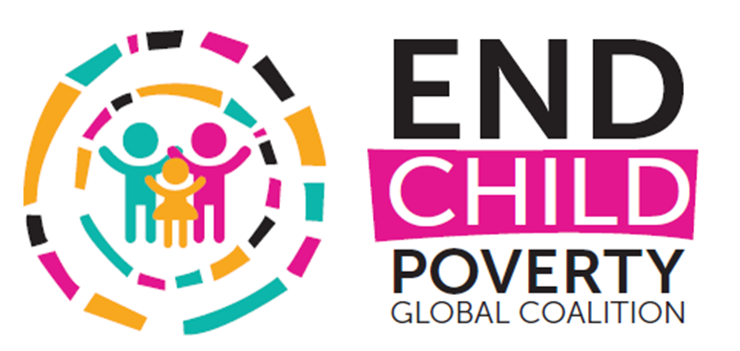



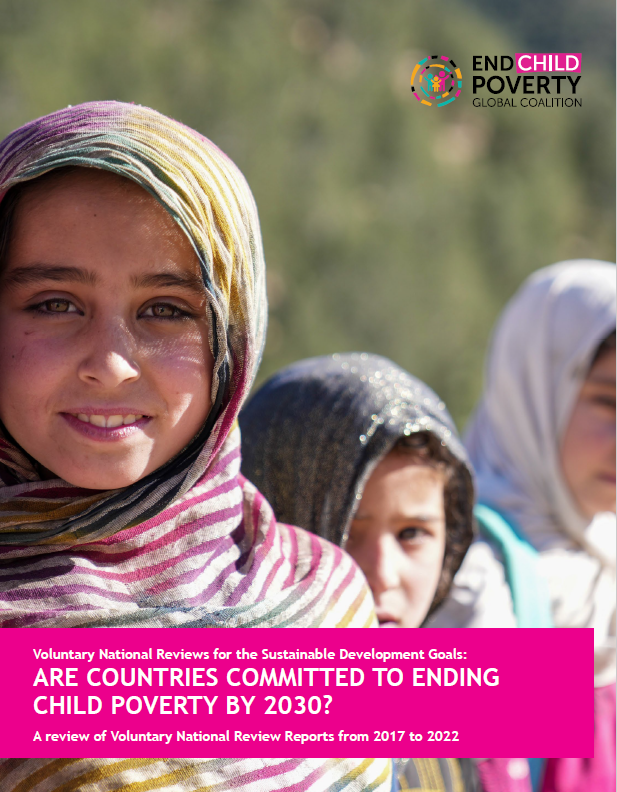



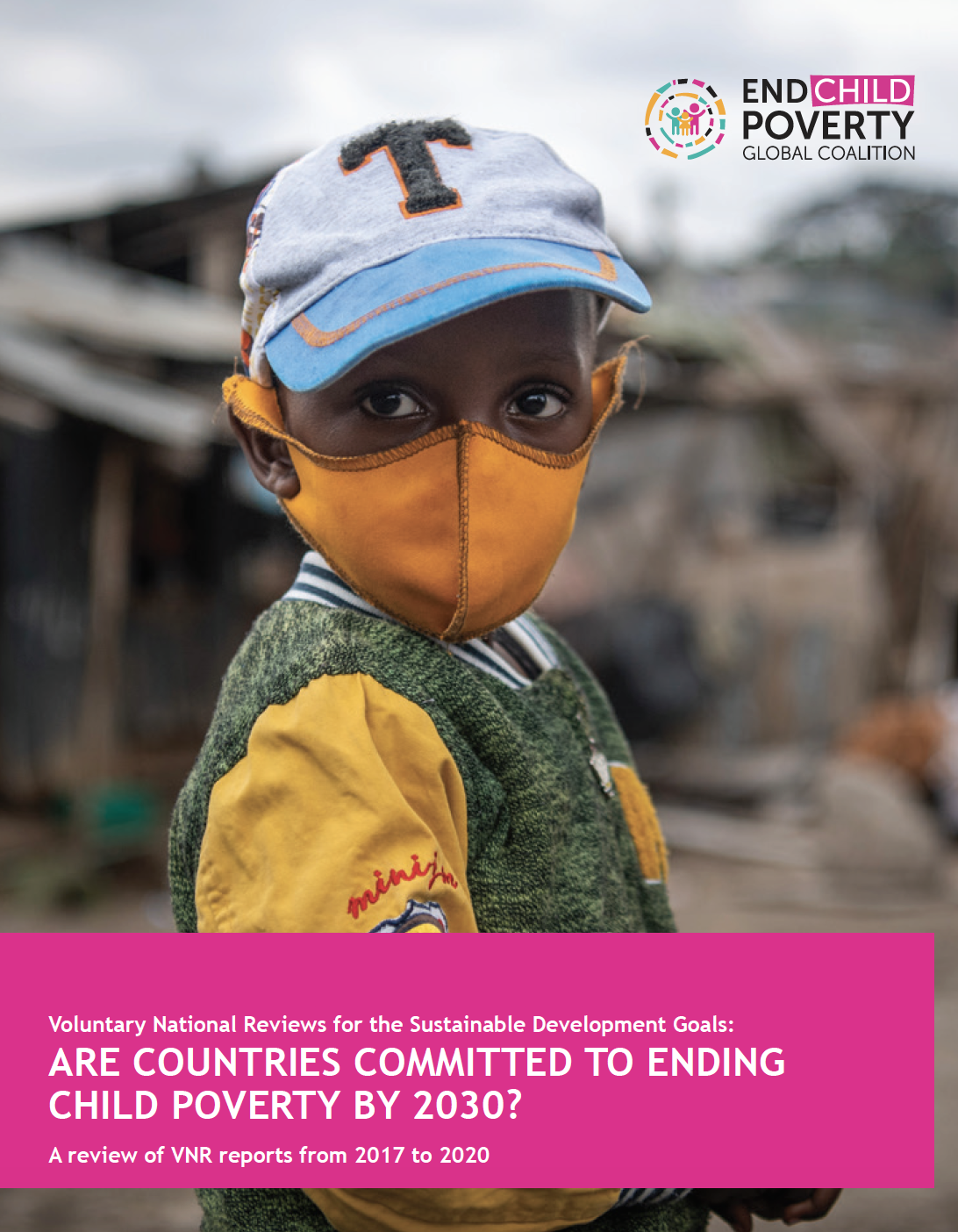







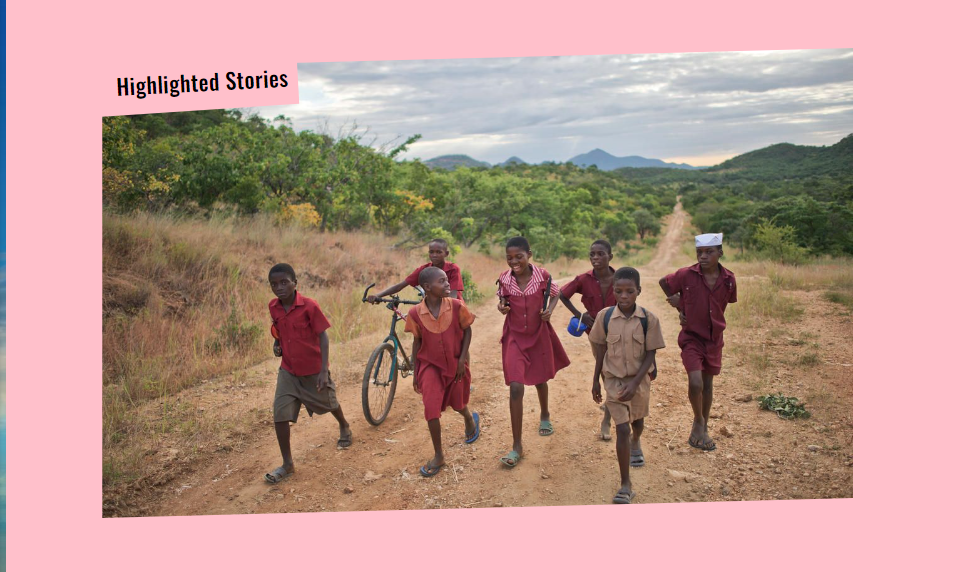





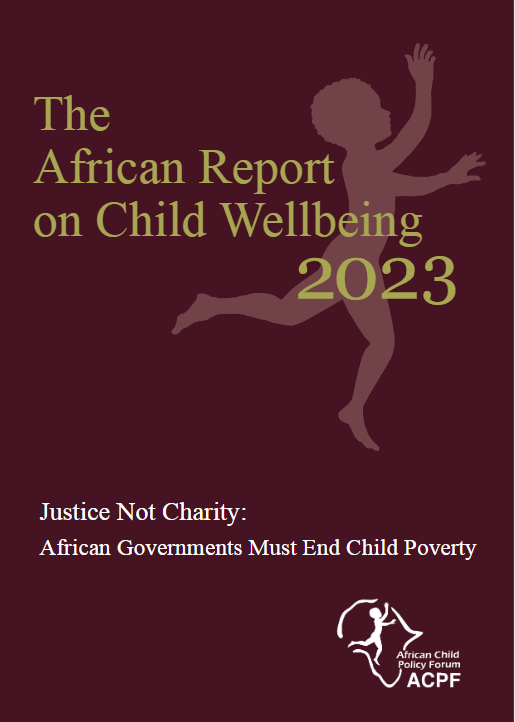
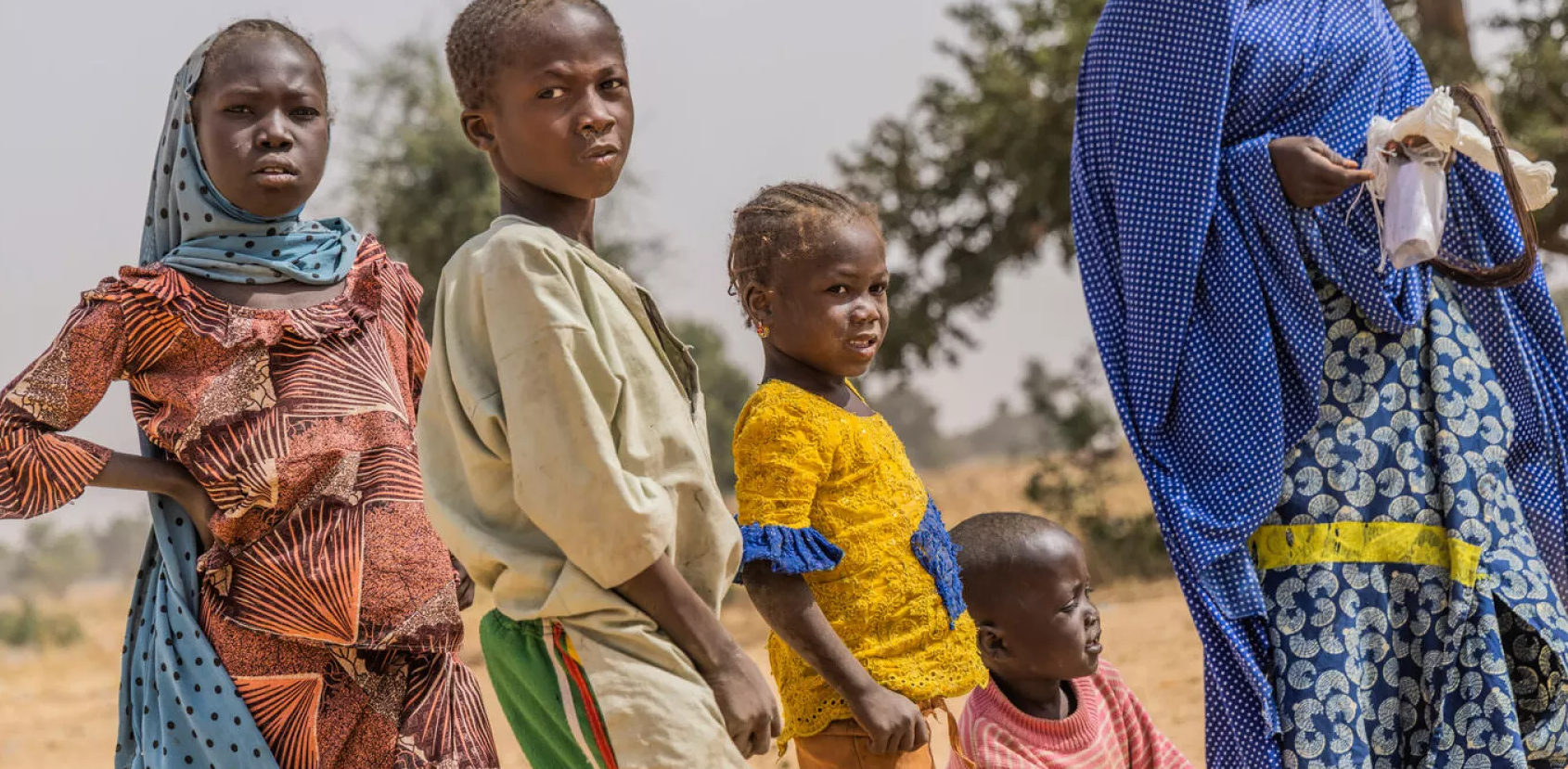
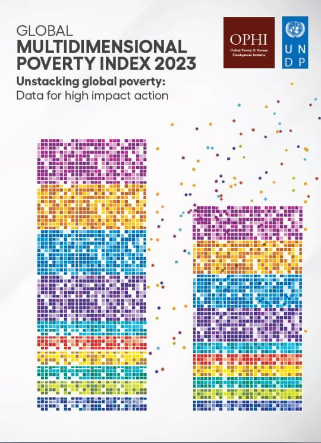


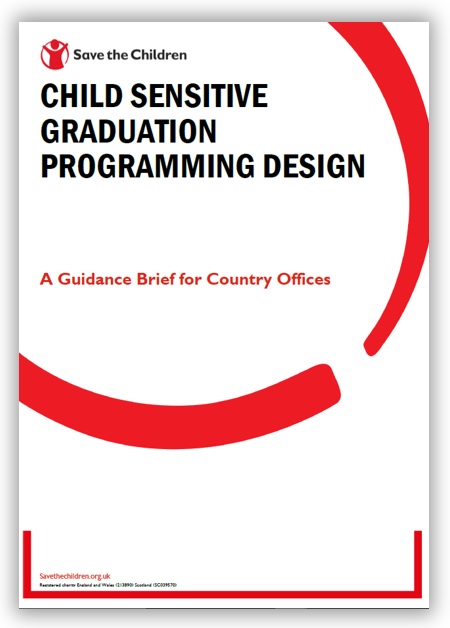














A CALL TO ACTION TO EXPAND SOCIAL PROTECTION AND CARE SYSTEMS AND PROMOTE DECENT WORK TO ADDRESS CHILD POVERTY
On the International Day for Eradication of Poverty, and on every day, the Global Coalition to End Child Poverty calls on Governments, businesses and the International Community to:
Expand access to inclusive social protection, including child benefits
Promote inclusive childcare and parental support systems, inlcuding parental leave and affordable, accessible and quality childcare services
Promote a decent work agenda